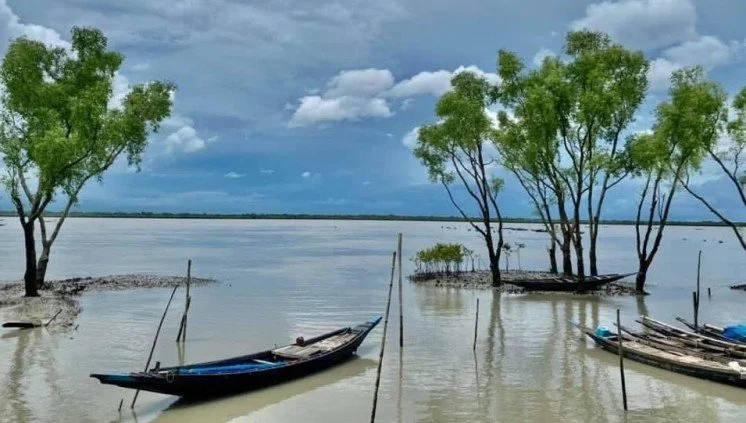Community activist Morsheda Begum is no stranger to the challenges of climate change: at 37 years old she has already lived through four super cyclones. Experiencing firsthand how these disasters were increasing in frequency and intensity, Morsheda founded the grassroots organization Mohila O Shishu Shongho in 2005 to build community resilience in the Koyra Upazila of Khulna District, in southern Bangladesh.
Read MoreThe world is currently at an inflection point that could enable the transformation of aid for developing countries. The convergence of the COVID-19 pandemic and the Black Lives Matter movement, as well as the withdrawal of most international staff across the globe, has opened up space for more honest conversations around racism and the decolonization of aid.
Read MoreOur collective inaction to humanitarian crises is crippling our ability to cope with unprecedented need. And yet the evidence is clear that our dollars could help many more people, and actually avert suffering, if we invested more in prevention and anticipatory action.
Read MoreThis piece was co-authored by David Miliband and Courtenay Cabot Venton.
Children are on the frontline of the impacts of climate change. Over 99% of deaths already attributable to climate-related changes occur in developing countries – and children make up over 80% of those deaths. The number of people affected by humanitarian crisis has almost doubled over the last 10 years, and the cost has trebled.
Actor Hugh Jackman and economist Courtenay Cabot Venton are each working on initiatives to inspire a new generation of entrepreneurs to combine people, planet & profit in their ventures.
Read MoreEthiopia is yet again facing a humanitarian crisis that looks set to devastate much of the country’s population. Despite impressive growth figures over the last decade, 20 million Ethiopians are still under the poverty line. El Nino related weather is causing drought, destroying any chance of sustained poverty reduction. responding early would result in an estimated savings of at least $1 billion.
Read More






